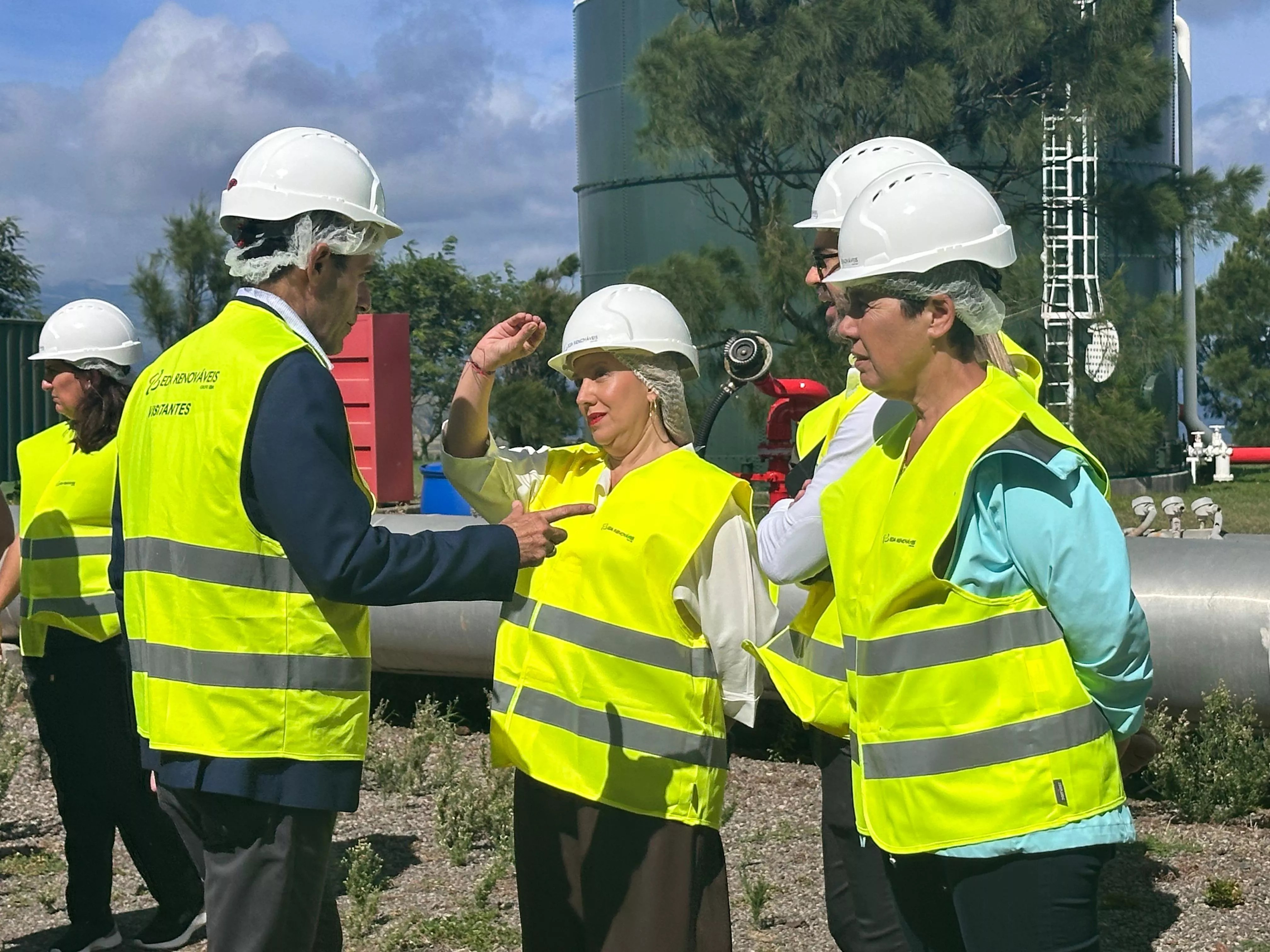
The Supreme Court has dismissed the appeal lodged by the former mayor of El Tanque (Tenerife), Román Martín (PSOE), against the ruling that bars him from holding public office for 14 years due to his involvement in a case of administrative prevarication, specifically for employing ten workers without adhering to the designated procedures.
Martín stepped down from his position as mayor in 2021 following a condemnation by the Audience of Santa Cruz de Tenerife, which imposed an additional twelve-year disqualification for establishing a care home for the elderly. This was followed in 2023 by a further sentence of two years and seven months for refusing to provide information to the opposition.
Successive judicial judgments concur that the former mayor displayed “partiality and total disregard for the existing legal framework,” which dictates the procedures for executing contracts based on criteria such as advertising, merit, equality, and capability.
Similar findings were made regarding his failure to heed the negative reports issued by the auditing department, which cautioned that the decisions made contravened the fundamental principles of public employment and other regulations.
Between April and August 2015, the City Council of El Tanque recruited three cleaning operatives, another for maintenance, a nursing assistant, three home care assistants, and two socio-cultural promoters.
The former mayor contended before the Supreme Court that the sentence from the Provincial Court was “unreasonable and illogical,” asserting that he was purportedly accused of intending to breach the legal framework, while he believed it was not adequately explained why the judges did not issue an acquittal, which he considered “plausible and logical.”
According to his legal team, the court’s ruling “frequently resorts to inferences or assumptions” to establish that the defendant consistently acted “solely with the intention of imposing his will and contravening the legal framework to benefit the individuals ultimately hired.”
Conversely, Martín argued that the hiring practices in this instance utilised an “exceptional” mechanism as outlined in the 2015 budgets, justified “precisely by the urgent need to deliver certain essential public services.”
He maintained that his actions were never motivated “by mere caprice or to favour certain workers, but rather to meet unavoidable public needs” and that he had no role in selecting those who were employed.
The Supreme Court responded, indicating that the local council plenary approved the provision of certain essential public services and key roles in August 2015, but asserted that this agreement “cannot retroactively amend some decrees that were already deemed illegal and void ab initio by attempting to circumvent the restrictions placed on hiring.”
The Criminal Chamber noted that the mayor’s decrees “failed to present a minimum and enforceable justification regarding the urgent and non-deferrable need” to undertake these recruitments, “particularly given that this occurred following the corresponding and prior unfavourable report from the Secretary of Intervention.”
Evidence presented during the trial revealed that it was the mayor himself and the councillors who directly reviewed the candidates’ curricula and made the selections, “without documenting any non-existent selection criteria.”
















